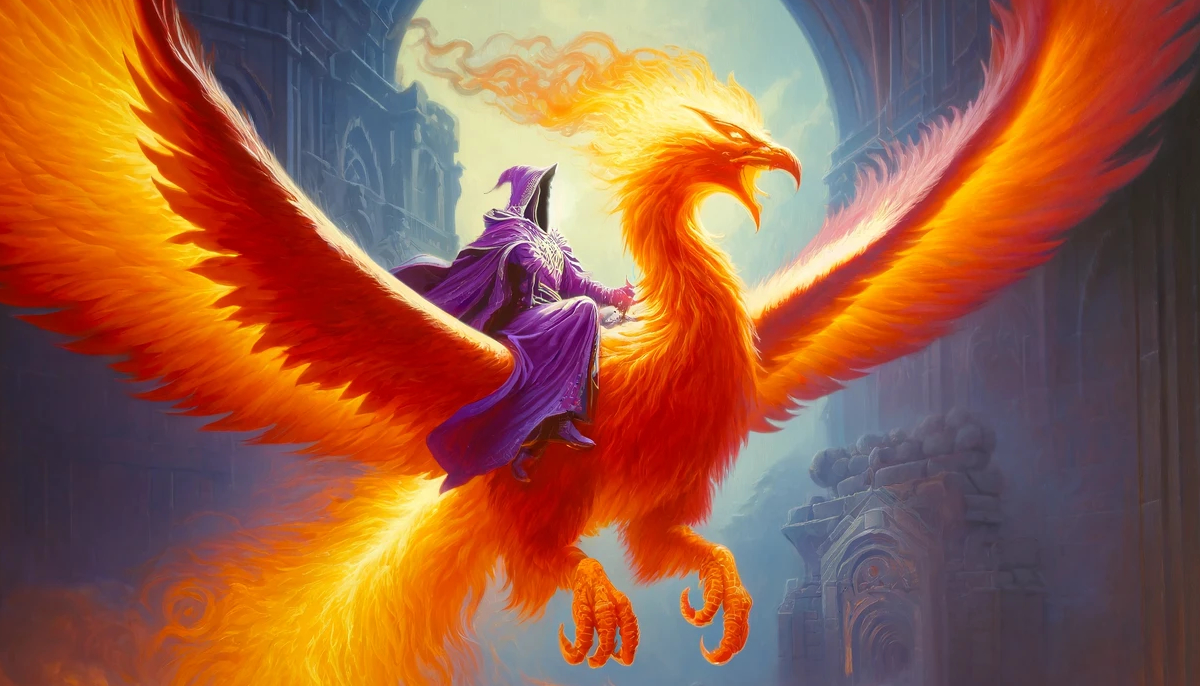
Lessons Learned Running Open Table OSR
Success! My open table OSR meetup has had two successful games.
While the internet of later 2022 will lead you to believe there is a GM shortage (article now subscription walled) getting a community game going of something other than Dungeons and Dragons can be challenging. I’ve discussed my failed attempts here. Here’s what I’ve learned:
Things that have worked for me
Recruiting on Meetup.com
I’ve posted on Reddit, various FLGS and game brand Discords, Facebook, and lots of places. I’ve joined Free RPG days, and store run open table days. I’ve run at conventions and then tried to pamphlet and leave QR codes for my open table. All of that generated zero players.
Meetup.com got me a full table on the first and second try. It allowed me to post in richer detail what I was trying to run and communicate in a space that wasn’t drowned out by noise or other more familiar postings. The format of posting may have made the game more approachable, I’m not sure … but it made it worth the cost of entry.
Rotating GM
I don’t want to run a weekly game. I don’t have the time, and I know that path leads to burnout. Finding a second GM to share a schedule with allows a more frequent game to give players the feeling a group is active and worth spending time with if they are interested in frequent play.
Wizards’ PR mess is still driving players to other games
It’s been mentioned by multiple people who have sat at my tables. It will be interesting to see if the 2024 rules update repairs our community’s enthusiasm for WOTC D&D.
Going to FLGS shops on a the night other than D&D night
Why compete with Adventurer’s League for the best table? There’s little to no wandering of 5e players to OSR tables so why run on the night that is more likely to be the primary social commitment of more casual players? If I had to choose, I’d rather share the shop with the board gamers or war gamers.
Few shops seem set up for RPGs, and that’s understandable. Much of the revenue comes from other kinds of games. That being said, the semi-private back room of my local game store got compliments for how much more room it provided players than a convention circular table or a crowded main floor. With all the commercial real estate lying unoccupied in my city, I wish there was a more reasonable way to rent a conference room, but we’ve found a few FLGS options that work.
Support your FLGS
The community managers at my local shop don’t always know how to help me, but I spend enough money at their shop and bring in enough friends and new players that they hopefully understand I’m a good customer and help me get table space, even if I’m not dropping collectible card game money.
Things working against OSR Open Table
There is a clear imbalance of GMs in the OSR
There exists competition with other GMs to run a system outside of D&D. It’s well-intentioned, but every time I have mentioned that I am recruiting for a game, I have gotten a counteroffer from a person responding that they would also be willing to run the same game for me. At conventions where I’ve had full tables for OSR, each player seat is usually populated by an experienced GM.
I am competing with online games:
By accounts of GMs on YouTube, startplaying.com seems to have cracked part of the code for organizing games of D&D with people you don’t know on the internet. Playing from the comfort of your own home removes many of the distance and time constraints, and the pro-GM availability makes D&D both on demand and accessible for players in a way that weeknight or weekend pickup games at the friendly local gaming store do not.
OSR is missing a ‘pillar of play’
A major pillar of play in 5e not mentioned in the core books is crafting characters. I’ve watched my friend build dozens of characters for 5e games I’ve run in DndBeyond. Additionally, players come to explore the stories and tactical exploits of those characters on the dungeon floor. OSR usually provides neither the ability to craft a complex and compelling character nor much of an ability to start with an enthralling back story. Your first level gong-farmer likely starts much the same as all the others. Even at an open-table night, I have found that 5e players are coming less to experience your game and more to sit with their friends and play their favorite character. I’ve watched D&D 5e tables seat 9 players while OSR tables sit empty at the same event. Wandering over from 5e to OSR for those who came to play D&D isn’t a thing.
I got the following constructive feedback from a new DCC player who was responsible for multiple creative solutions to encounters:
I just wished I had more items, a spell or two, or some other kind of in-fight action aside from melee attack or missile attack.
I am competing with 5e and Pathfinder organized play
Introducing yourself to a new group can be intimidating. The organized play communities of D&D Adventurer’s League and Pathfinder Society are a great thing for new players These games draw the lion’s share of eager new players or new community players. The relative ease of finding an open spot to play and the possibility of continuing a character across tables is a real draw.